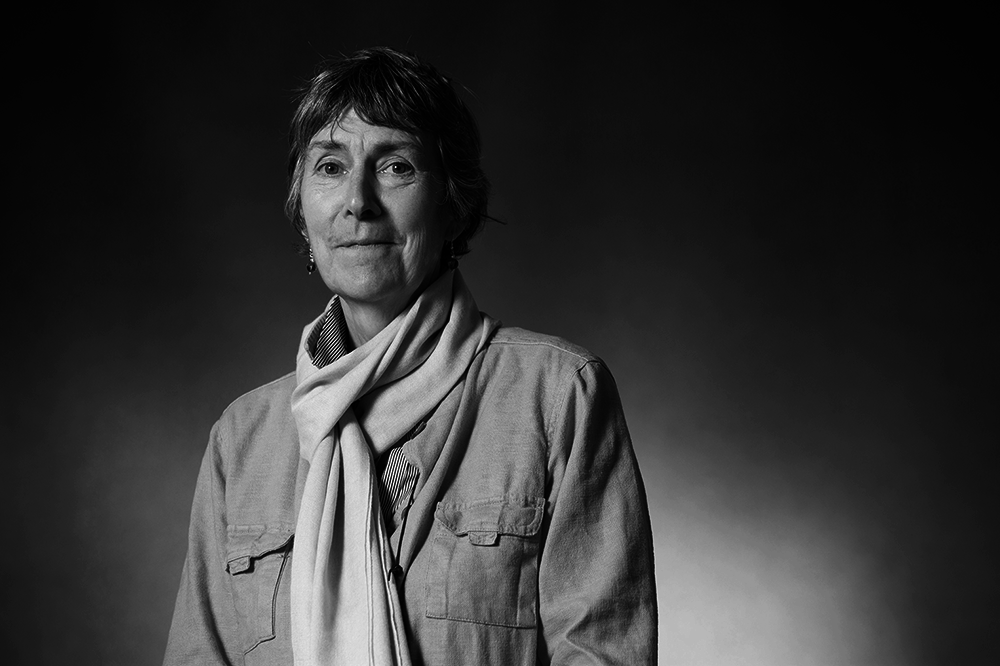In March, The Paris Review launched The Art of Distance, a newsletter highlighting unlocked archive pieces that resonate with the staff of the magazine, quarantine-appropriate writing on the Daily, resources from our peer organizations, and more. Read Emily Nemens’s introductory letter here, and find the latest unlocked archive pieces below.
“August is Women in Translation Month, an annual celebration centered around the #WiTMonth hashtag and started by the book blogger Meytal Radzinski in 2014. Though it’s worth reading literature in translation year-round, August provides an opportunity to shine a spotlight on this work. Even as the coronavirus pandemic puts new distances between people, travel to other places, other periods, and other perspectives is possible via literature. To read a book is to play a trick on space and time; though I may be physically sitting in the same small apartment bedroom where I’ve spent most of my time since March, I am actually anywhere but. And so to celebrate Women in Translation Month, this week’s The Art of Distance lifts the paywall on works of or about translation. Happy reading, happy travels, and stay safe.” —Rhian Sasseen, Engagement Editor
This Women in Translation Month archive dive begins with Margaret Jull Costa’s Writers at Work interview, The Art of Translation No. 7. Jull Costa is a legend in the world of translation, having brought work by Fernando Pessoa, José Saramago, Joaquim Maria Machado de Assis, Luisa Valenzuela, and more into English. As she tells interviewer Katrina Dodson, “I think translating is just what I do. I miss it terribly if we go on holiday, and sometimes take some editing with me as my security blanket. So I suppose I’m a translation addict. There are worse things.” (If you’d like to learn more about the process behind this interview, Dodson will be joining us for a live conversation on The Paris Review’s Instagram on Thursday, August 20, at 7 P.M. EST.)
I’ve always appreciated the ways literature in translation encourages me to interrogate my relationship with my native language. As the man at the center of the Austrian writer Ingeborg Bachmann’s short story “Everything,” translated by Eithne Wilkins and Ernst Kaiser, realizes: “It’s all a question of language, and not merely of this particular language of ours, which was created with all the other languages at the Tower of Babel in order to bring confusion into the world. For under them all there’s another language smouldering away.”
There’s also the history that language carries, as the Egyptian poet Iman Mersal writes in “A Celebration,” translated by Robyn Creswell: “Celebration. As if I’d never said the word before. As if it came from a Greek lexicon in which the victorious Spartans march home with Persian blood still wet on their spears and shields.”
Language plays tricks on the reader, too, as it does in the Japanese writer Hiromi Kawakami’s short story “Mogera Wogura,” translated by Michael Emmerich. “Let me tell you about my mornings,” begins the narrator, regaling us with the details of an ordinary day before the twist is revealed: “The humans I’ve collected are in the next room.”
“Once I have the reader’s attention I feel it is my right to pull in whichever direction I choose,” the Italian writer Elena Ferrante argues in her Art of Fiction interview. “I don’t think the reader should be indulged as a consumer, because he isn’t one. Literature that indulges the tastes of the reader is a degraded literature. My goal is to disappoint the usual expectations and inspire new ones.”
New expectations are certainly inspired by reading these two poems by the Brazilian writer Adélia Prado, translated by Ellen Watson, both new looks at colors. “The sky purples morning and evening,” Prado writes in “Purple,” “a red rose growing older.”
Finally, why not pop over to the Daily and read Jennifer Croft’s essay “The Nobel Prize Was Made for Olga Tokarczuk”? Croft, the translator of Tokarczuk’s novel Flights, which won the Man Booker International Prize, joined us on The Paris Review’s Instagram earlier this month to discuss her work translating from Polish and Spanish, her own writing, and why translation is like swimming.
Sign up here to receive a fresh installment of The Art of Distance in your inbox every Monday.
from The Paris Review https://ift.tt/3234L1M

Comments
Post a Comment